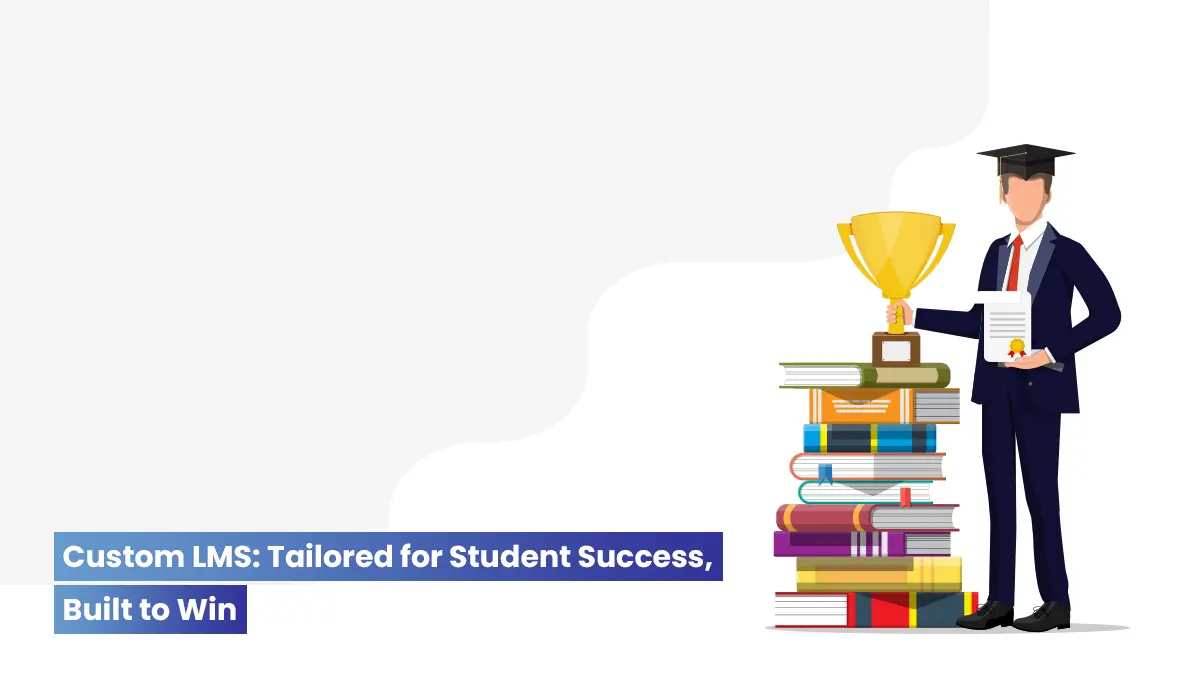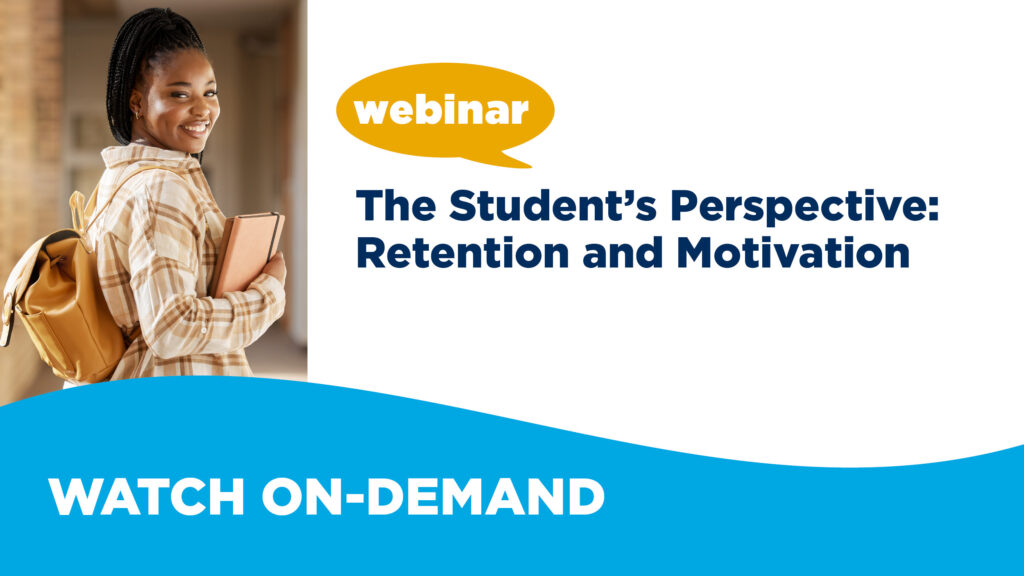This post was co-written with Natalie McVay.
As a college graduate, RNL’s Natalie McVay has direct experience and helpful insights on the impact of advising on student success outcomes. After attending two separate institutions with differing levels of advising support, Natalie identified specific elements of “transactional” advising that nurtured her success, guiding her on her path to degree completion. For more information on Natalie’s perspective—including advising methods that impacted her ability to retain at her first institution, resulting in her decision to transfer—see RNL’s on-demand webinar The Student’s Perspective: Retention and Motivation.
A proactive approach to student success
In an era where student engagement and retention are top priorities, institutions are seeking innovative ways to support students at risk of leaving. Tailored transactional advising is a proactive approach to advising, relevant for all advising philosophies. This approach identifies students in need and provides opportunities to intervene with targeted resources to improve their experience. This strategy not only demonstrates the institution’s commitment to student success but also provides a clear return on investment (ROI) for the student.
Identifying students’ needs and intervening with resources
Using analytics and data-driven insights, institutions can identify students who are at risk of leaving due to various factors such as low academic performance, lack of engagement, or other challenges. By intervening early, advisors can offer support, connecting students with resources that match their specific needs.
However, it’s not about overwhelming students with a laundry list of available resources. Instead, advisors must show students how the institution is committed to their success, highlighting the specific benefits and value of the resources being offered within an appropriate timeframe. And they need to provide the specific resources that each student is looking for.
Identifying students’ needs and offering support to address those needs at key points in their academic journeys can be the critical influence needed to retain at-risk populations and to ultimately improve student success outcomes.
One way to gather relevant data about students is through RNL’s Retention Management System (RMS) which measures non-cognitive motivational indicators that pinpoint each student’s (and cohort’s) strengths, risk factors, and receptivity for support at three pivotal transitions in their academic journey. (Learn more about the RMS.)
The power of written proof
When students are struggling, they may feel disconnected from their institution. One way to engage them is by incorporating communications that reflect students’ specific concerns along with relevant campus resources to address those concerns. Tailored, timely and data-informed communications can be a key source of guidance in helping students successfully meet their goals. This approach acknowledges students’ individual concerns and shows that the institution is invested in their well-being.
The impact of words in transactional advising
In a transactional advising scenario, words have the power to make a significant difference. A well-crafted email or in-person message can convey empathy, understanding, and a genuine interest in your student’s success. The tone and language used can either make or break the student’s perception of the institution’s commitment to their success.
Let’s consider two email examples in response to a student who is struggling with study habits and sense of belonging, and who is also receptive to career guidance:
Option 1: A basic transactional approach
“Have you taken advantage of these student resources?
- Study groups
- Peer group chat
- Meet with an alumni
We want to ensure you have the support you need to succeed.”
Option 2: A more personal and supportive transactional approach
“Natalie, my goal is to connect you to the right resources here on campus!
If the study group doesn’t feel like the right fit, make sure to check out the peer group chat. I know there are other students like you waiting to take the first step. I also have a contact list of alumni who would love to connect with you about various career paths they chose after completing their degree here at [institution].
I’m in your corner!”
The second option not only acknowledges Natalie’s struggles but also employs empathy and a genuine interest in her well-being while offering options to address her specific concerns. By using words that convey a sense of support and connection, advisors can build trust and help students feel more invested in their own success.
Utilizing mail merge and word play
Institutional data, such as student success initiatives and predictive analytics, can be used to populate emails like these. Mail merge capabilities can help advisors send personalized messages to students, making them feel seen and valued. Word play, such as using phrases like “I’m in your corner,” can make a significant impact, creating a sense of connection and community.
By leveraging tailored transactional advising, institutions can demonstrate their commitment to student success and provide a more personal and supportive experience for students. By using data-driven insights and targeted resources, advisors can make a meaningful difference in a student’s life, helping them stay enrolled and achieve their goals.
According to Natalie, tailored transactional advising influenced her desire to consistently re-enroll and, ultimately, graduate as an adult student from the institution that helped deliver her 2nd student experience: “My commitment to them was higher because I felt their commitment to me.”
Watch the webinar
To learn more about this approach, listen to the on-demand webinar on the topic.
You can also connect with RNL professionals to learn how the Retention Management System can work at your institution, providing you with data you need to make personal connections with students to keep them enrolled.



